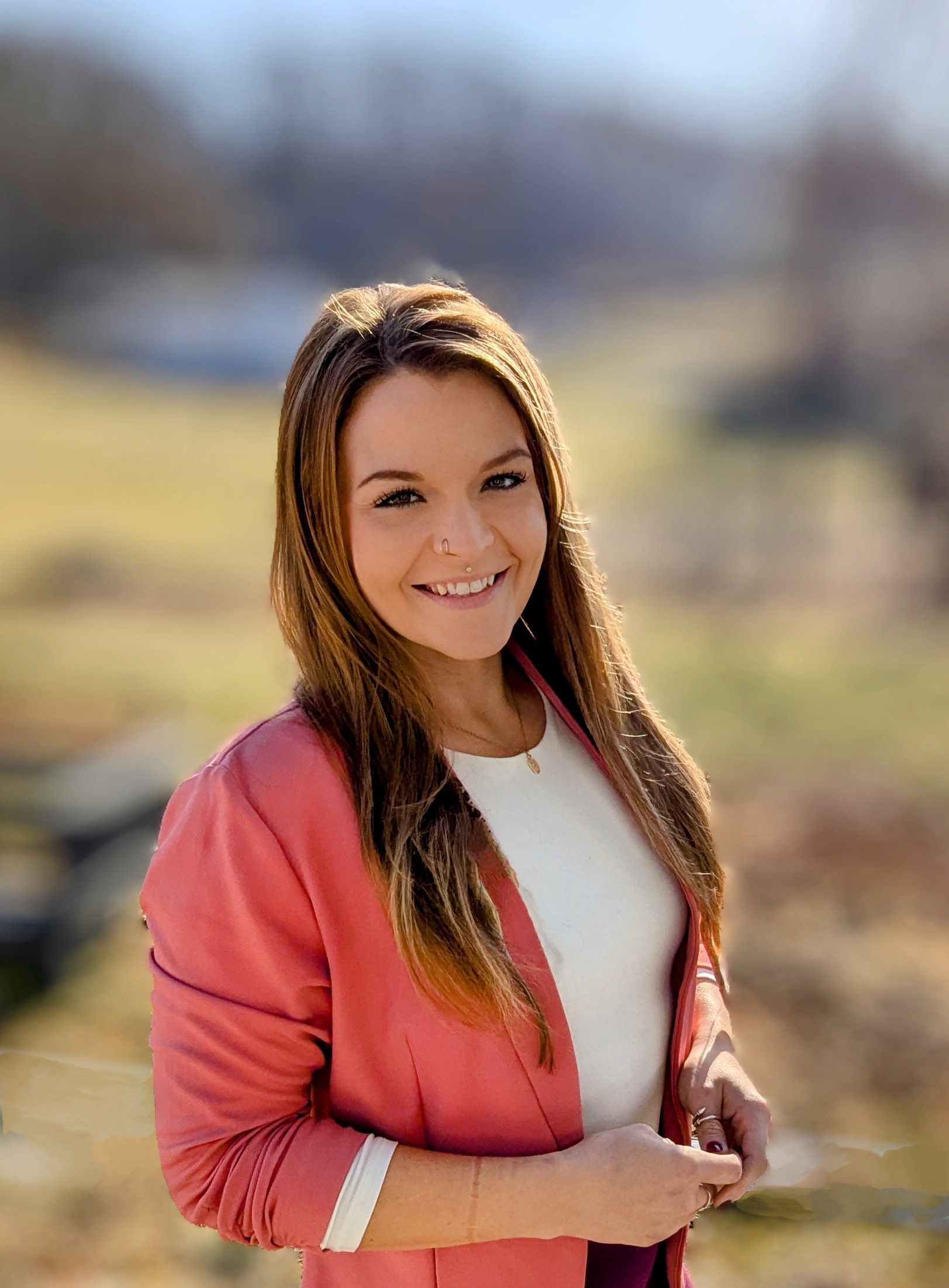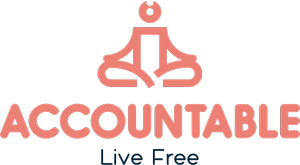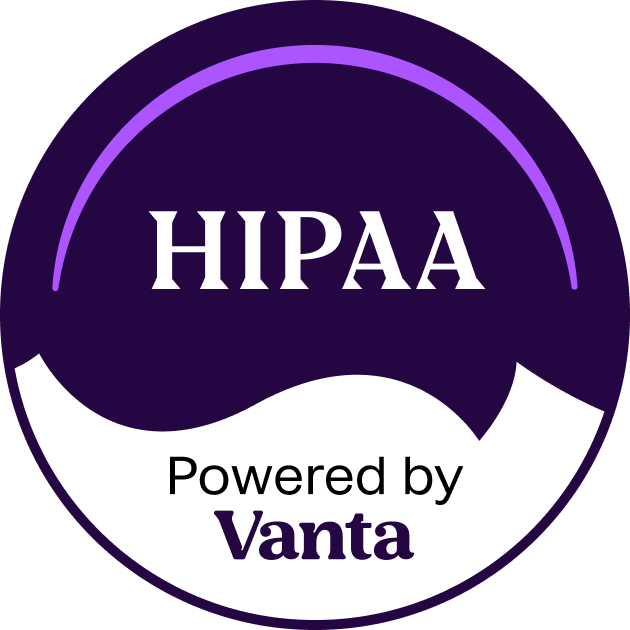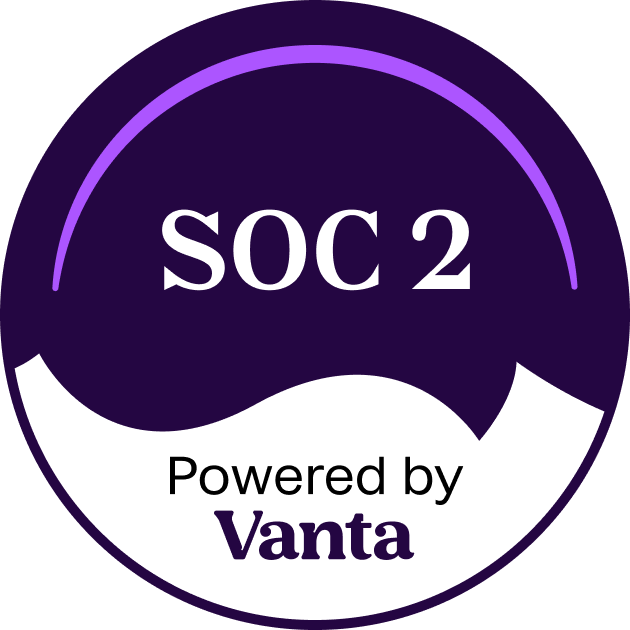I'm Sober Now... What Do I Tell People Part 2
How do I tell people I'm not so close with that I'm sober?
Good. I’m sober and living my life how I want to. Now, what do I tell people? As a continuation of a previous post around how to discuss my active recovery with those closest to me, I thought it would be important to talk about the next phase of that – whether or not to discuss my active recovery with new people/acquaintances in my life and if so, how I was going to do that.
To anyone wondering – Yes…I was going out and enjoying myself. I was also doing so in a safe and strategic way with my sobriety always first. After all, I didn’t get sober to isolate; I got sober to live my life to the fullest. Part of living life to the fullest meant being able to go out, enjoy time with my friends and take part in activities that people my age were taking part in all the while maintaining my recovery.
If the big question when I first got sober was how do I tell the people closest to me; an even bigger question as my recovery continued was:
“how do I explain this to someone who doesn’t know me or has no idea what being sober is?”
At this point, I was insulated in that the people that I spent time with all very much knew I was sober and were generally on the lookout to keep me safe in any social situation. Like so many before me however, I was ready to spread my wings and leave the “nest” and that presented a couple of questions.
An early thought was to get “I am sober” tattooed to my forehead to ward off anyone with malicious intentions. However, after careful consideration I decided that wouldn’t be entirely practical. So, I had to come up with a strategy for what to do and what to say when faced with different people and different situations. I think the most important thing that I have learned is that I always need to do or say what I am comfortable with.
Whether that is telling someone my life story or saying nothing at all – there is no “right” or “wrong” answer.
Another starting point for me was recognizing that there didn’t need to be some slick answer when someone asked if I wanted a drink. I simply had to say “no thanks and inform them that I wasn’t drinking.”
What I found is that most people are far too worried about what they are doing to care about whether or not I want a vodka soda or a club soda. I instituted the same strategies that I had done when going out with friends – know my time limit, have a supportive person to check in with before, during or after and always know that at any point I can walk away.
So, what about when I was engaged in conversation with someone who I really did want to talk to and the dreaded question of “why don’t you drink?” happens. I will revert back to what I said earlier – the most important thing that I found early in recovery and still to this day is asking myself the question “what am I comfortable with in this situation?”
Now, for me, active use involved dishonesty as a first language and I really wanted to move away from that. With that, I found myself in quite the predicament. What I have found to be helpful is understanding the power of language and the effectiveness of pausing before I answer something. With language, telling someone “I am not drinking tonight” is true and it also protects me from full disclosure of something I am not yet ready to share with someone. Additionally, understanding that I don’t have to blurt out an answer to a question right away was very helpful. Having a game plan of what to say in certain situations is always helpful. The next evolution of that for me was learning how to be flexible and adaptable if someone asked a question or made a comment that I wasn’t yet ready for. By adding in a pause before responding, it allowed me to consider the language I could use that protected me and was in line with my new way of behaving.
This is such an important topic and one that I could go on forever about. However, I am sure by now you are tired of reading this and very understandably thinking about scrolling through Instagram instead.
My biggest takeaways on how to share your recovery with others are:
- Be aware of what you are comfortable with and understand that you don’t need to push that aside to make someone else comfortable
- When going into a social situation – have a plan and remember you can always walk away
- Know the power of language and how it allows us to disclose as much or as little of our recovery story and process as we would like
- Add the tool of pausing before responding
- If going out with friends who know your recovery status, let them know what you are comfortable with so that they can take your lead




hello@youareaccountable.com
(646) 450-7641

